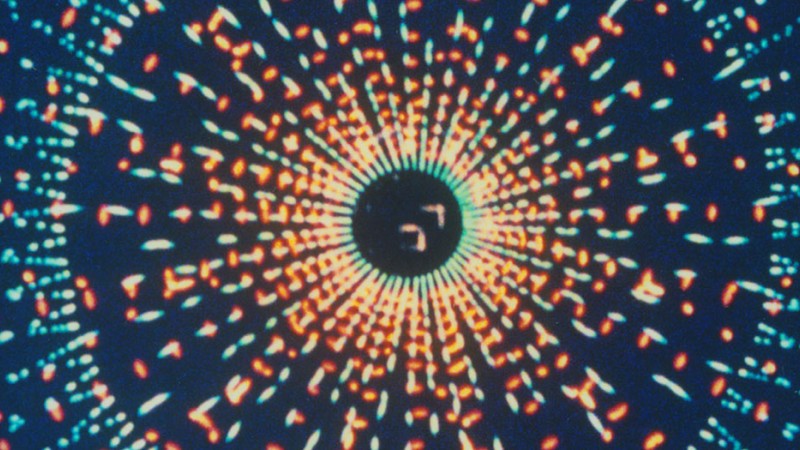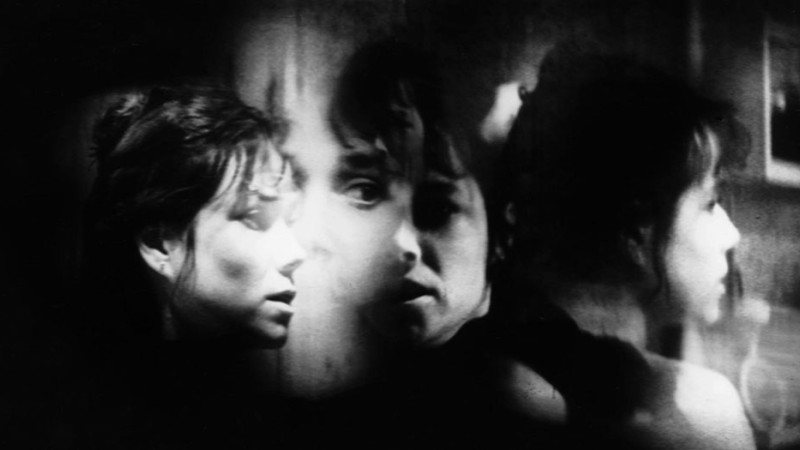Strickland Selections
One of the UK’s, if not the world’s, most singular directors, Peter Strickland has a very distinct style. As part of our retrospective of his works, Strickland has selected for MIFF five seminal short films that have inspired his vision.
“I love each of these films for different reasons,” Strickland says, “but what they have in common is the power to invoke awe, no matter how many times I see them.”
Allures, by American abstract filmmaker Jordan Belson: “How such intense cosmological rapture could be channelled into an obscure, eight-minute abstract film is beyond me. It’s also beyond me how Jordan Belson’s work remains almost invisible to this day. His work has often been overshadowed, but never eclipsed.”
Street of Crocodiles, by the award-winning US stop motion pioneers the Brothers Quay: “I first saw Street of Crocodiles in the summer of 1991 and didn’t understand a thing. Almost thirty years on and I’m still at a loss as to what this wayward adaptation of Bruno Schulz’s book all means. The dolls, the shop fronts, the dusty glass – an unfathomable world within a world that hides more and more with each repeated viewing.”
Outer Space, by Austrian avant-garde found-footage filmmaker Peter Tscherkassky: “Tscherkassky has made a film so aggressively cinematic that its very voltage puts a jolt through your system. Seen in the cinema, Outer Space is a stunningly beautiful, convulsive spell of a film – loud, confounding, uncompromising and far more inspiring than too many feature films I could care to mention. A sequence in Berberian Sound Studio paid tribute to Outer Space, but we couldn’t even come close to what Tscherkassky achieved.”
Submit to Me, by American underground filmmaker Richard Kern: “I surreptitiously watched the tape at my Greek relatives’ place, and was blown away by the askew energy and visceral grit of the various transgressive skits. Kern’s dizzying, roving camerawork combined with the charged delirium of his willing performers transcends its niche underground roots to form an ever-threatening fireball of sexual and narcotic aggression.”
The Flicker, by American experimental video artist Tony Conrad: “The Flicker is the purest and most unrelenting of the avant-garde sub-genre of flicker films. Conrad painstakingly put together mathematically derived patterns of black and white frames that result in a hallucinogenic state in which one thinks other colours or shapes are coming out of the screen. The insistent, driving ‘score’ that feels as if it’s the sound of a derailed projector adds to the intensity. Part endurance test, part euphoric bliss, The Flicker is the ultimate abstract film.”
For more detailed thoughts from Peter on the films that have inspired him, read his blog.
Image: Allures, courtesy of Center for Visual Music

